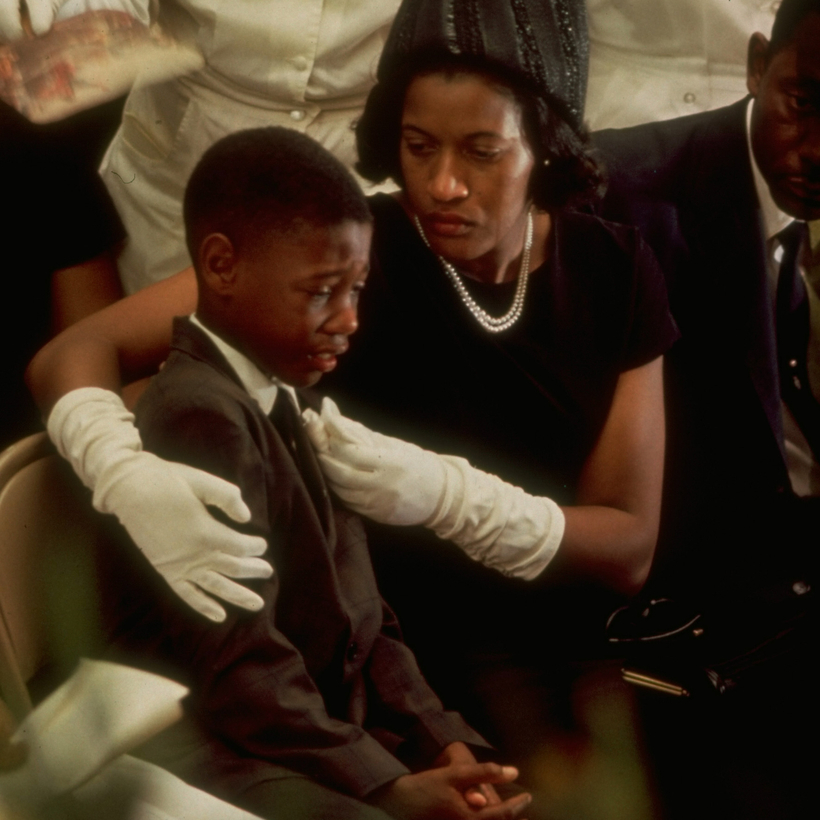In the long line of shameful acts of racial injustice in America, countless violent murders of black males incited so much national outrage that activism ensued, each time pushing the country a little closer to justice.
The gruesome 1955 murder of 14-year-old Emmett Till, a Chicagoan visiting family in Mississippi, accompanied by his mother’s decision to let his horribly mangled face be photographed in Jet magazine, was quickly followed by Rosa Parks’s fateful refusal to give up her bus seat. Her arrest would mark the beginning of the hugely successful Montgomery bus boycott.


